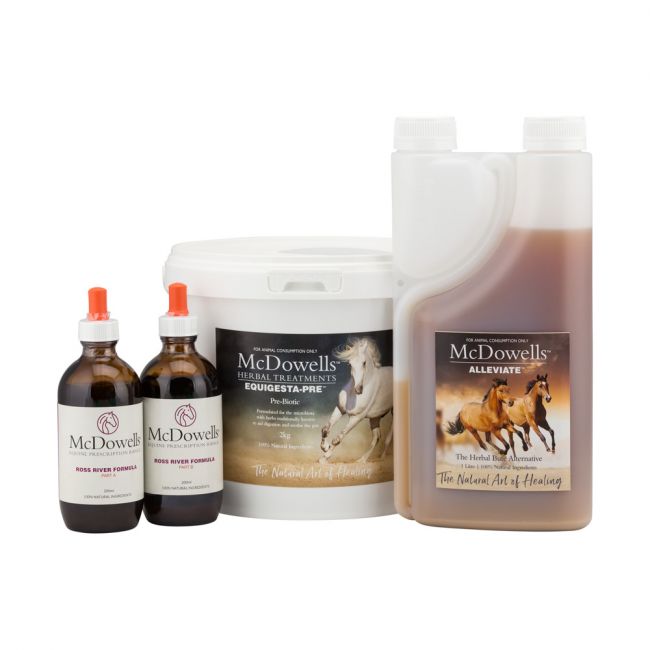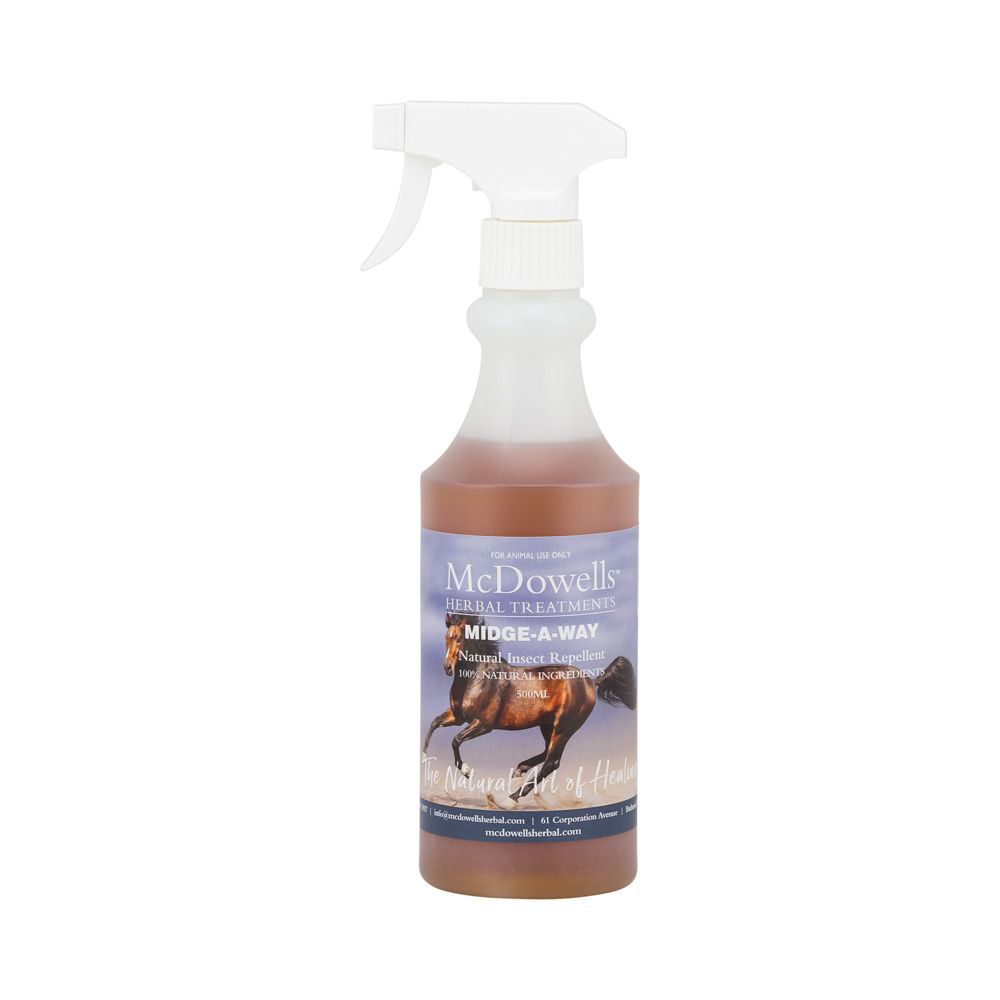Ross River Fever is a viral disease that can effect horses as well as humans. It is an arbovirus, transmitted via biting arthropods which included mosquitos, biting midges, sandflies and ticks but it is rare for it to be transmitted from horse to human. It can also be called Ross River virus or epidemic polyarthritis. It isnt fatal but some symptoms can continue to effect the horse for months.
It is more likely to find these biting insects during warmer months - between September and May in the Southern Hemisphere, and more likely near fresh water lakes, dams, ponds and lagoons or during wet summer rainfall seasons.
Symptoms of this disease can be quite varied, but can include;
- uncoordinated movement,
- pain
- stiffness,
- swollen joints and lower limbs,
- coughing,
- lethargy and fatigue,
- rashes
- lying down more than usual,
- fever.
It is diagnosed via two blood tests with your vet.
Prevention strategies include:
- Removing any stagnant water including buckets,
- Filling in puddles, improving drainage in paddocks and cleaning out any areas where water sits
- Covering the horse with light rugs in high-risk seasons
- Ensuring the horse is protected at high-risk times of the day - early morning, evening and night
- Using fly sprays directly on the horse
- Building good gut health and strong immune system through herbs and natural diet
- Lowering any mental stress and allowing the horse to move as freely as possible
Traditionally the herbs used in this formulation (alterative herbs) stimulate elimination via normal metabolic process. The Ross River program is a two part program which will need to be given for a min of 12 – 24 weeks depending on your horse’s individual situation. Traditionally these herbs are aimed at supporting your horse’s nervous system, as well as building general immunity.
SEE TAMARA'S SUCCESS STORY HERE
References
Azuolas, J.K., E. Wishart, S. Bibby, and C. Ainsworth. 2003. Isolation of Ross River virus from mosquitoes and from horses with signs of musculoskeletal disease. Australian Veterinary Journal 81:344-347.
Barton, A.J., and H. Bielefeldt-Ohmann. 2017. Clinical presentation, progression, and management of five cases of Ross River virus infection in performance horses located in southeast Queensland: A longitudinal case series. Journal of Equine Veterinary Science 51:34-40.
Chapman, G.E., M. Baylis, D. Archer, and J.M. Daly. 2018. The challenges posed by equine arborviruses. Equine Veterinary Journal 50:436-445.
El-Hage, C.M., N.J. Bamford, J.R. Gilkerson, and S.E. Lynch. 2020. Ross River virus infection of horses: Appraisal of ecological and clinical consequences. Journal of Equine Veterinary Science 93:103143.
El-Hage, C.M., M.J. McCluskey, and J.K. Azuolas. 2008. Disease suspected to be caused by Ross River virus infection in horses. Australian Veterinary Journal 86:367-370.
Huntington, P.J. 1984. Arbovuirus infection in horses. Australian Equine Veterinarian 2:9-10.




